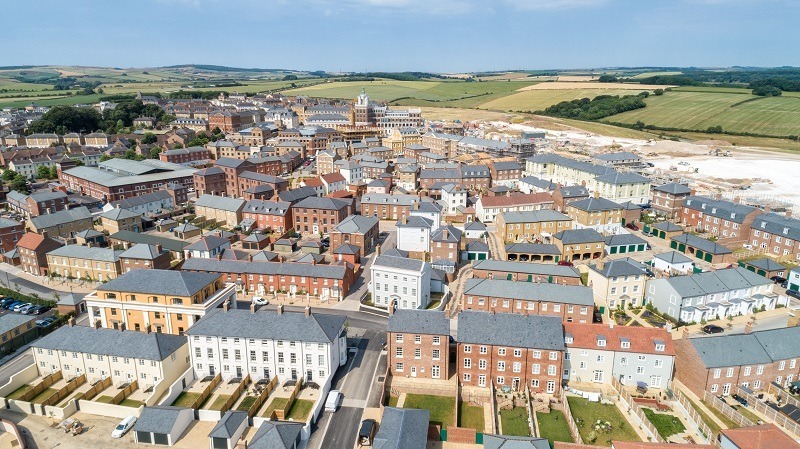£5bn Announced to Boost Birmingham’s Existing Housing Stock

Birmingham City Council has announced it will invest a record £5 billion in its housing stock over the next 30 years. How will this help to ensure that its tenants and leaseholders can live in warm and sustainable homes?
Within the investment, the council will spend £1.4 billion to make sure all of its existing housing stock complies with Decent Homes Standards in the next eight years.
These plans represent a record level of investment in its housing stock by Birmingham City Council, the largest local authority provider of affordable housing in the UK.
Four out of five homes in Birmingham are over 50 years old
The investment plans have been approved by cabinet along with a refreshed Asset Management Strategy which sets out the plans to improve housing stock quality across the city, as well as the contract arrangements to deliver these plans.
Councillor Jayne Francis, Cabinet Member for Housing and Homelessness, explained that the aim of the investment is to improve the experience for residents: “All our tenants and leaseholders should be living in warm, safe and sustainable homes. But we acknowledge that this has not been the experience of all of our residents – we must get the basics rights for our tenants and leaseholders.”
Continuing, the Councillor added that it is essential that investment in new housing is a key priority for councils: “Widespread investment is needed as four out of five homes in our housing stock is over 50 years old.
“The result is that many of our existing tenants and leaseholders will see significant improvements in their accommodation; these improvements will cut energy bills and make them safer and warmer.”
Building new homes as well as retrofitting will be explored
The Asset Management Strategy details some of the improvements tenants and leaseholders can expect.
These include: Surveys conducted on all of the existing housing stock to assess their condition, more kitchen and bathroom renovations, all council houses to have an EPC rating of C, and an increase in the number of tenant visits council officers will make.
Approval has also been given to award a new interim contract for the repairs and maintenance of council-owned homes, one that has an emphasis on improving customer service.
Councillor Jayne Francis then explained that although the focus is on transforming its existing housing stock, to meet the current demand, new builds will still be explored: “Housebuilding in Birmingham will continue despite investment in existing stock being the priority to contribute to the supply of affordable housing.
“We remain in a national housing crisis, so the council will explore opportunities to boost third-party delivery of homes in partnership with Registered Providers, Homes England, and the West Midlands Combined Authority (WMCA). Existing housebuilding and regeneration plans like the ones for Ladywood and Druid’s Heath will continue as planned.”
Proposed rent rises are unavoidable
The Housing Revenue Account is a ring-fenced account that is predominately funded through council tenant and leaseholder payments, ensuring that the HRA Business Plan is unaffected by Birmingham City Council’s financial situation.
This plan sets out that rents for tenants and leaseholders will increase 7.7 per cent, in line with the UK Government rent cap of CPI inflation plus 1 per cent.
On this, Councillor Jayne Francis added that: “The level of inflation has unfortunately made these rent rises unavoidable. We know that householders will face challenge with any proposed rent increase, but we must balance this with the necessity of improving the quality of people’s homes.
“Around three quarters of tenants will be unaffected by the rate rises as welfare benefits will cover the increase, and we will support all our tenants to ensure they are claiming benefits they are entitled to.”
The record £5 billion investment will go a long way in creating the sustainable homes for the future that its local community desperately need.

